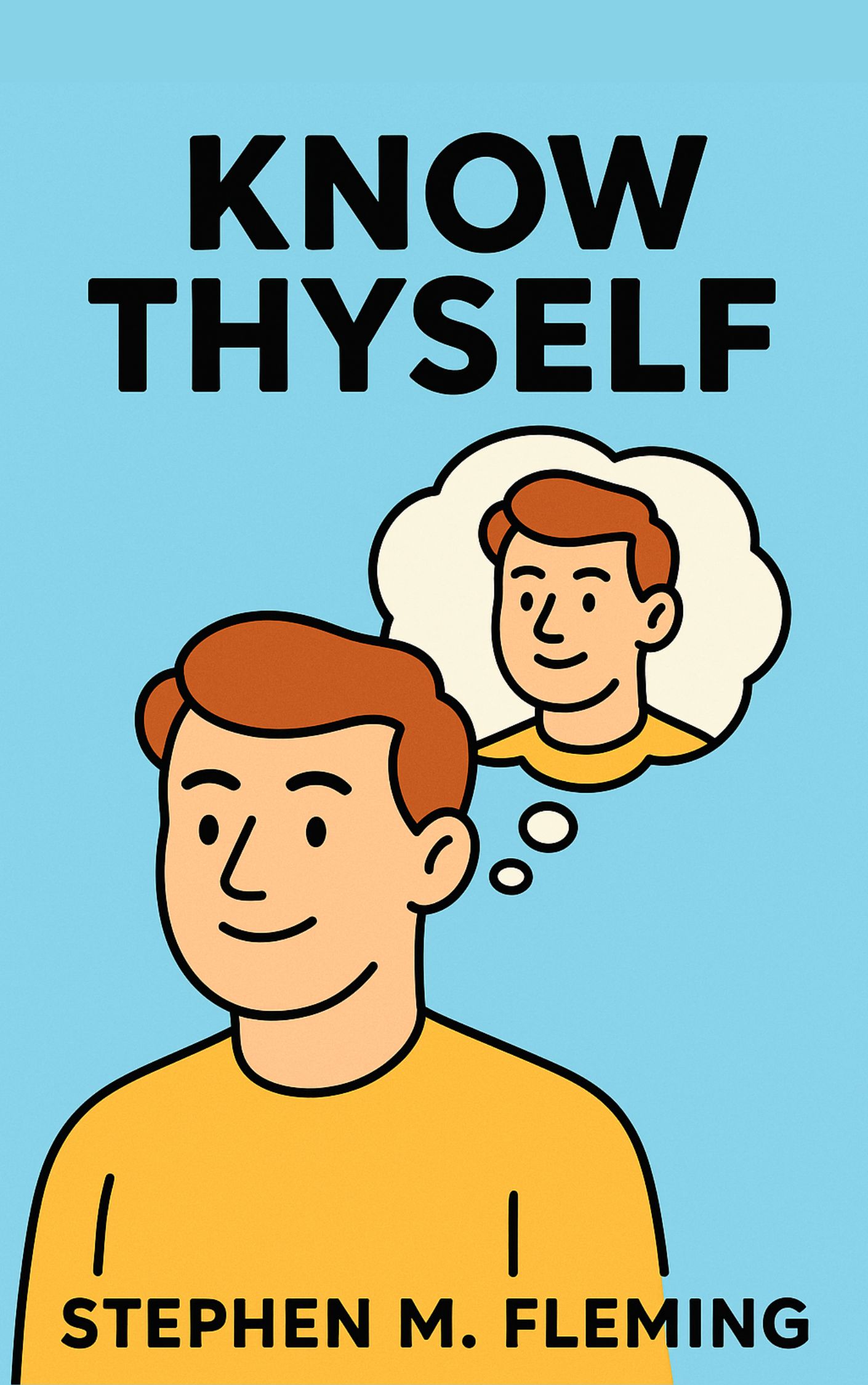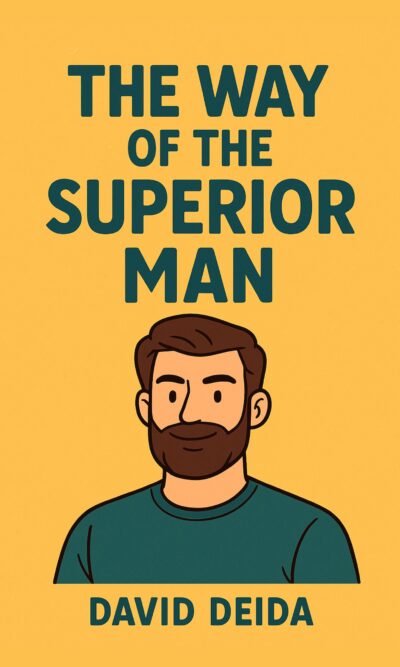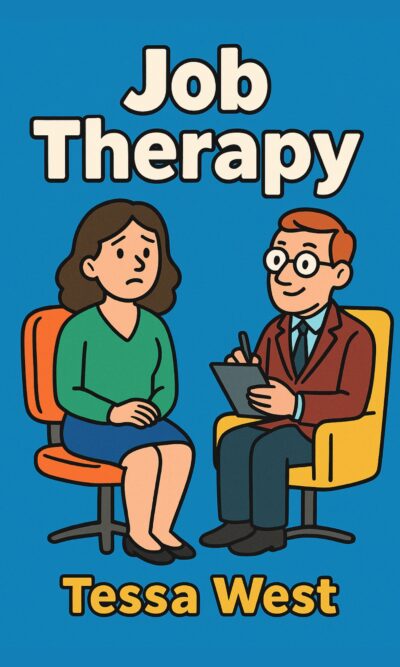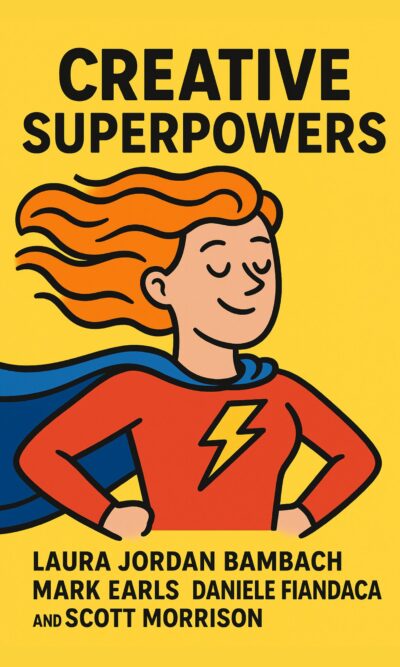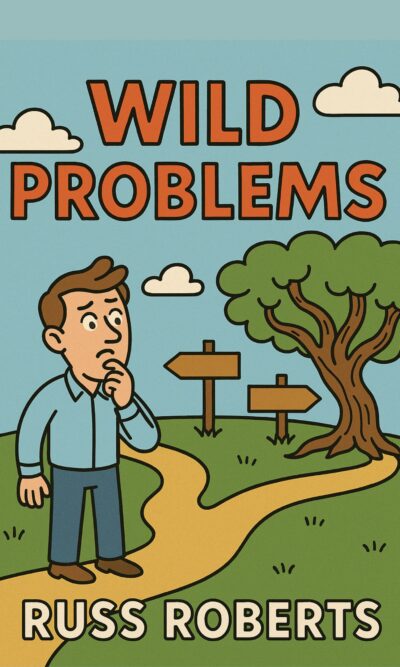Description
Knowing yourself has been one of humanity’s greatest quests since the time of the ancient Greeks. The simple phrase “know thyself” carries more power than it seems. It points to the one quality that separates humans from machines, animals, and even the smartest artificial intelligence: our ability to be self-aware. We not only think, but we also reflect on our own thoughts. This ability is called metacognition. It means thinking about thinking, noticing how our mind works, and using that awareness to improve our choices in life.
Self-awareness is not something we need to acquire from outside; it is already part of us. It is wired into the human brain. Sometimes it works without us even noticing. For example, when you almost drop a glass of water but quickly catch it, that small moment is your brain monitoring and correcting itself. But even though self-awareness is natural, we can also train it, sharpen it, and make it stronger. The more attention we give to how we think, the better we can guide our actions.
One example of this is free diving, a sport where people dive deep underwater without oxygen tanks. A successful diver must know their own limits very well. If they push themselves too far, they risk injury or death. If they stop too soon, they lose the chance to achieve their best performance. Only deep self-awareness allows them to succeed. The same is true for everyday life. We may not dive into oceans, but we dive into work, learning, relationships, and decisions. Knowing our limits and strengths helps us thrive.
This ability to reflect becomes especially important when it comes to learning. In today’s world, people change jobs, careers, and skills many times. We cannot just memorize facts in school and stop learning afterward. We are lifelong learners, and to keep up, we need to learn smarter, not harder. This is where metacognition gives us an advantage.
Imagine two students preparing for the same test. One of them simply reads through all the notes again. The other pauses to think: “What do I already know well? What do I need to practice more?” Then they focus only on the weaker areas. The second student will likely do better, not because they studied harder, but because they studied smarter. This is the power of metacognition—being aware of how you learn, adjusting your methods, and using time wisely.
Confidence plays a big role in this process. When we believe we can do something, we are more likely to succeed. Psychologists call this belief “self-efficacy.” High self-efficacy leads to better performance and greater persistence. But too much confidence can also trick us. Sometimes we think we know something when, in truth, our knowledge is shallow. One of the best ways to avoid this trap is to teach someone else. Explaining an idea out loud makes us realize whether we truly understand it or only thought we did. Teaching becomes a mirror for our own mind.
Self-awareness is also essential when making decisions. At times, decisions feel so right that we cannot imagine being wrong. But feelings can deceive us. Once we make a choice, our brain often clings to it, noticing only the evidence that supports it and ignoring anything that challenges it. This is called confirmation bias. It can make us stubborn even when we are mistaken.
A fascinating experiment showed this in action. People tasted two jams and picked the one they liked more. Later, they were unknowingly given a spoon of the jam they had rejected earlier but were told it was their chosen one. Many praised it confidently, convinced it was their favorite, even though it wasn’t. This shows how easily our minds can fool us.
For small matters, like jam flavors, this may not matter much. But for bigger issues—choosing a career, a life partner, or a political stance—the consequences are serious. Here again, metacognition helps. If we slow down, check our confidence level, and test our assumptions, we give ourselves a chance to make wiser decisions. Sometimes, doubts are not a weakness but a useful signal. They invite us to pause and reconsider before rushing ahead.
However, society often rewards people who act with boldness and confidence, even if their choices are poor. Leaders, politicians, and public figures often project certainty because people trust quick and decisive behavior. The secret is balance. Strong leaders may show confidence outwardly but remain cautious and questioning inwardly. They carry both conviction and humility. This balance allows them to inspire others while also avoiding mistakes.
Of course, self-awareness can sometimes fail. Memory, for instance, is not always as reliable as we believe. Wrongful convictions in court often happen because of confident but inaccurate eyewitness testimony. People can be completely sure they saw something, but their memory has tricked them. This shows that even our inner sense of certainty is not always trustworthy. To protect ourselves, it helps to involve others in the thinking process.
There is truth in the saying, “two heads are better than one.” Studies show that pairs or groups often make more accurate decisions than individuals working alone. Collaboration forces us to question our assumptions, consider new perspectives, and spot errors we might miss on our own. When we combine insights, the overall result tends to be better. This is why teamwork, open discussion, and listening to different opinions are crucial parts of self-aware living.
But what happens when people refuse to listen to others? We see this often online, where extreme views dominate. People become so certain of their own beliefs that they shut out anything that disagrees. Interestingly, research shows that those who are most rigid in their opinions usually score lowest in metacognitive skills. They think they are right, but they lack the ability to reflect on their own thinking. They mistake stubbornness for strength. On the other hand, people with stronger metacognitive awareness tend to remain flexible, open to dialogue, and willing to update their views.
In daily life, we can practice this by engaging with people who think differently than we do. We do not have to adopt their views, but simply listening sharpens our self-awareness. It helps us see our blind spots and broadens our perspective. Self-awareness does not mean agreeing with everyone, but it does mean being curious, thoughtful, and willing to reflect.
In the end, metacognition is like a muscle. Everyone has it, but it becomes stronger the more we use it. We can apply it in learning, in decision-making, in relationships, and in the way we see the world. Sometimes, being self-aware means catching ourselves before we make a mistake. Other times, it means noticing our confidence level, listening to our doubts, and choosing wisely. And often, it means reaching out to others, because collaboration expands our view beyond what we alone can see.
The journey of knowing ourselves is never finished. It is a lifelong practice of paying attention to our thoughts, questioning them, and learning from them. In a time when machines are getting better at copying human intelligence, our gift of self-awareness remains uniquely ours. It is both a responsibility and an opportunity. When we truly know ourselves, we become better learners, better decision-makers, and ultimately, better human beings.

